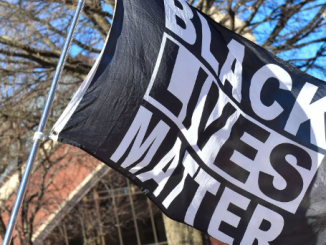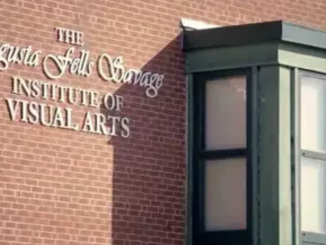
Don Lemon says it’s high time for the Catholic Church to reexamine its teachings and admit that “God is not about hindering people or even judging people.”
The newly engaged gay CNN host told ABC’s “The View” Monday that he was none too thrilled with a story on the Vatican’s orthodoxy office, the Congregation for the Doctrine of the Faith, and its reaffirmation of the basic Catholic catechism.
“We learn that the Vatican has said that the Catholic Church won’t bless same-sex unions, quote, since ‘God cannot bless sin,’ ” co-host Meghan Mcain said. “They go on to say this does not imply a judgment on persons, but I want to know do you think this sends a damaging message? And how do you feel about that, given that obviously you are engaged and going to get married?”
Mr. Lemon replied by saying the nation should start thinking about applying “rights and freedoms” in a broader sense beyond those codified into law by the U.S. Constitution.
“If you believe in something that hurts another person or that does not give someone the same rights or freedoms, not necessarily under the Constitution because this is under God, I think that that’s wrong,” Mr. Lemon said. “And I think that the Catholic Church and many other churches really need to reexamine themselves and their teachings because that is not what God is about. God is not about hindering people or even judging people.”
The CNN host then said that organized religion is a hindrance to civil society reaching its full potential.
“I think that religion and the pew keeps us from actually — they’re barriers from people actually getting to know each other,” he said. “So I would say to the pope and the Vatican and to all Christians or Catholics or whomever, whatever religion you believe you happen to belong to out there, go out there and meet people.”
The church’s statement specifically noted that same-sex unions cannot be blessed, in part, because said couples cannot naturally propagate new life.
“The presence in such relationships of positive elements, which are in themselves to be valued and appreciated, cannot justify these relationships and render them legitimate objects of an ecclesial blessing since the positive elements exist within the context of a union not ordered to the Creator’s plan,” the Congregation for the Doctrine of the Faith’s response to an inquiry noted.
*story by The Washington Times


